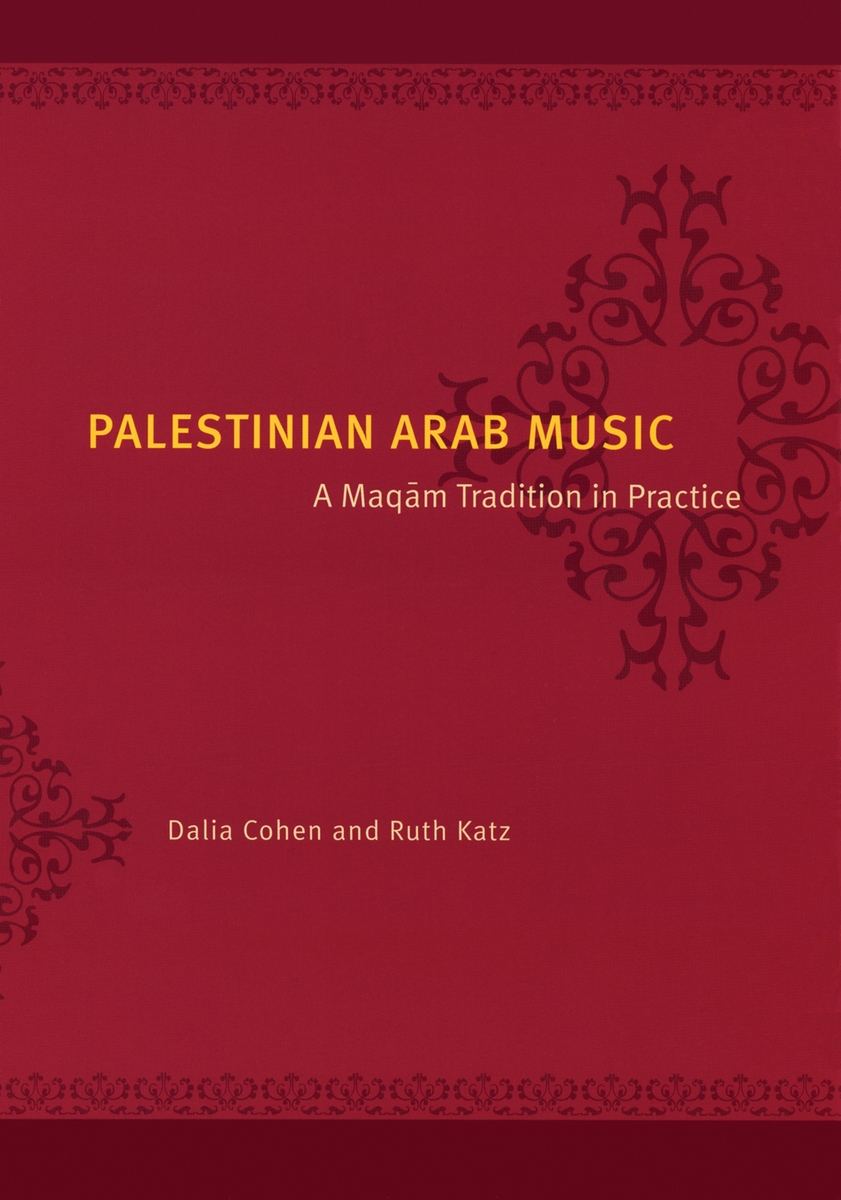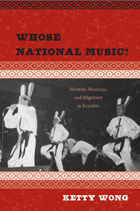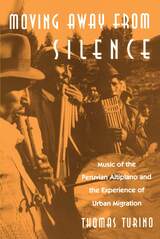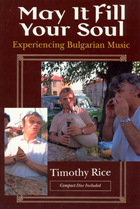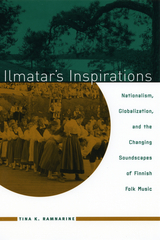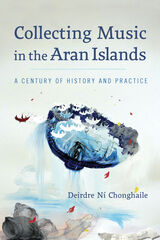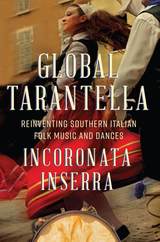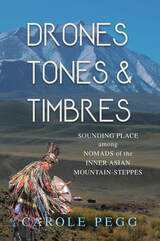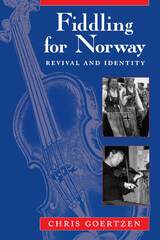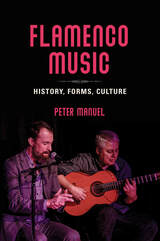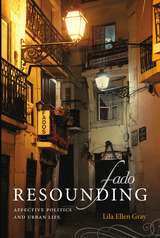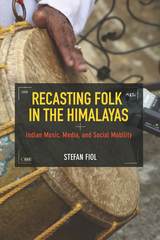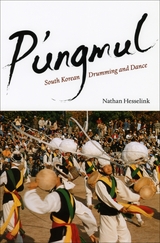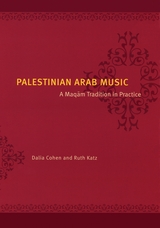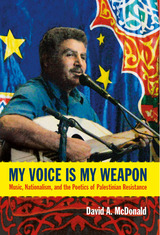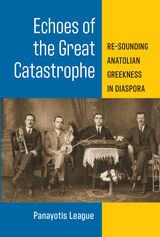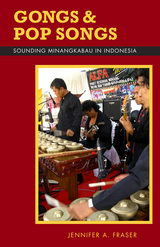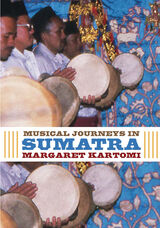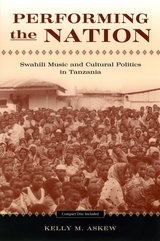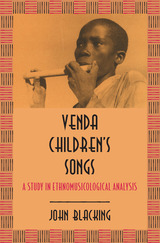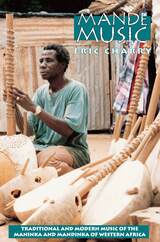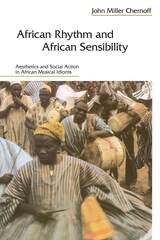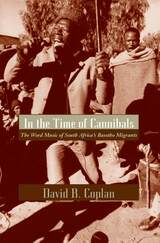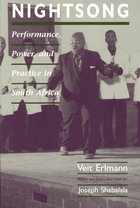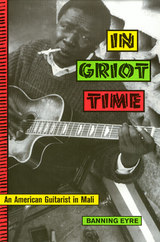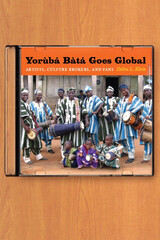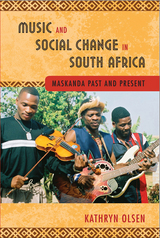Palestinian Arab Music: A Maqam Tradition in Practice
University of Chicago Press, 2005
Cloth: 978-0-226-11298-5 | Paper: 978-0-226-11299-2
Library of Congress Classification ML3754.C632 2006
Dewey Decimal Classification 782.421629274057
Cloth: 978-0-226-11298-5 | Paper: 978-0-226-11299-2
Library of Congress Classification ML3754.C632 2006
Dewey Decimal Classification 782.421629274057
ABOUT THIS BOOK | AUTHOR BIOGRAPHY | REVIEWS | TOC | REQUEST ACCESSIBLE FILE
ABOUT THIS BOOK
This long-awaited project presents the results of a major research effort to determine the parameters of the stylistic variability of Arab folk music in Israel. Central to this old and highly improvised musical tradition is a unique modal framework that combines the concept of maqam—the foundation of Arab music theory—with other characteristics, including those of the text. Palestinian Arab Music is a comprehensive analysis of this music as actually practiced, examining both musical and nonmusical factors, their connection with the traits of individual performers, and their interaction with sociocultural phenomena.
Working initially with their own 1957 invention, the Cohen-Katz Melograph, and later with computers, Dalia Cohen and Ruth Katz recorded and digitized several hundred Palestinian music performances. The authors analyzed the musical tradition in light of its main variables. These include musical parameters, modal frameworks, the form and structure of the music, its poetic texts, and aspects of the social functions of the tradition. As a result of their study, the vexed aspect of intonation in practice is revealed to exist in a special relationship with the scale systems or maqamat, which are in turn of great importance to organizing the music and determining its modal systems.
Working initially with their own 1957 invention, the Cohen-Katz Melograph, and later with computers, Dalia Cohen and Ruth Katz recorded and digitized several hundred Palestinian music performances. The authors analyzed the musical tradition in light of its main variables. These include musical parameters, modal frameworks, the form and structure of the music, its poetic texts, and aspects of the social functions of the tradition. As a result of their study, the vexed aspect of intonation in practice is revealed to exist in a special relationship with the scale systems or maqamat, which are in turn of great importance to organizing the music and determining its modal systems.
See other books on: Folk music | Israel | Katz, Ruth | Palestinian Arabs | Practice
See other titles from University of Chicago Press
